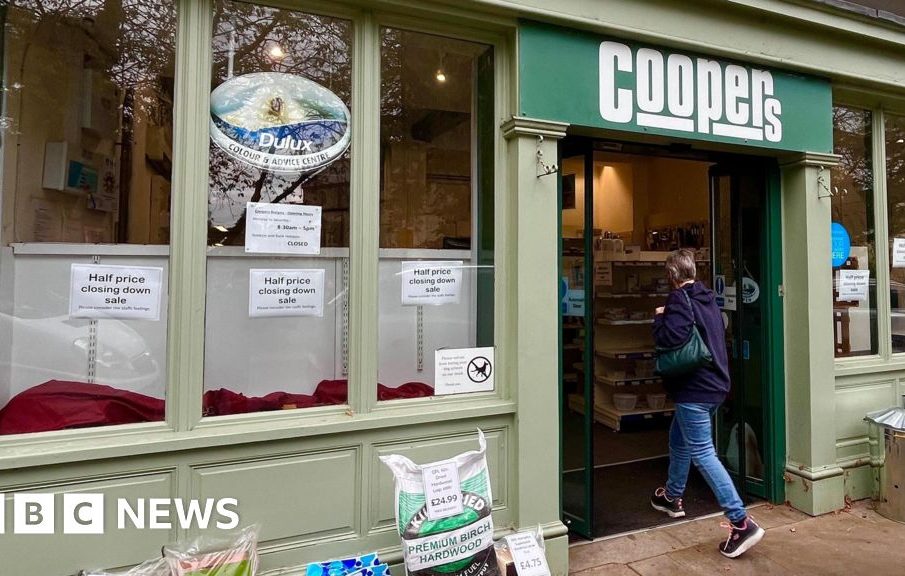The Impact of Coopers Hardware Store Chain Closures

Introduction
The recent announcement regarding the closures of Coopers hardware store chain has raised significant concerns among consumers and employees alike. As a well-known name in the hardware retail industry, Coopers has built a reputation over decades of service. The implications of these closures extend beyond mere business; they affect communities reliant on local suppliers for tools and building materials, as well as the employees who face uncertain futures. This article will explore the details of these closures, the reasons behind them, and the potential impact on the market.
Details of the Closures
Coopers Hardware has confirmed that it will be closing 30 of its store locations across the country, with emphasis on urban areas where competition from larger retailers has intensified. Reports indicate that among the stores shutting down, several have been operational for over 20 years, serving loyal customers and fostering community relationships. The closures are expected to occur over the next few months, with liquidation sales already starting at select locations.
Reasons Behind the Closures
Market analysts attribute the closures to a combination of factors, including increased competition from major home improvement giants such as B&Q and Homebase, as well as rising operational costs and changing consumer habits driven by the online shopping boom. The pandemic accelerated a shift in consumer purchasing behaviours, and many smaller brick-and-mortar stores struggled to adapt. The financial strain, combined with dwindling foot traffic, has pushed Coopers to streamline their operations in an effort to remain viable.
Community and Economic Impact
The ramifications of Coopers’ closures are twofold. Firstly, the immediate impact will be felt by employees who face job losses in an already challenging economic climate. Many of the displaced workers are long-term staff members, and they are expected to struggle to find similar employment in the area due to a limited number of relevant retail opportunities. Secondly, the communities affected may experience reduced access to essential hardware supplies, placing further strain on local contractors and DIY enthusiasts who depend on such stores for their projects.
Conclusion
The closure of Coopers hardware stores marks a significant moment in the retail landscape as traditional hardware chains face unprecedented challenges. As the industry grapples with these changes, experts suggest that local businesses must innovate and adapt to survive. For consumers, this may mean exploring alternative suppliers and embracing online shopping solutions. The Coopers closures serve as a reminder of the fragility of local businesses in an evolving market, highlighting the need for communities to support their remaining local retailers as they navigate these uncertain times.









